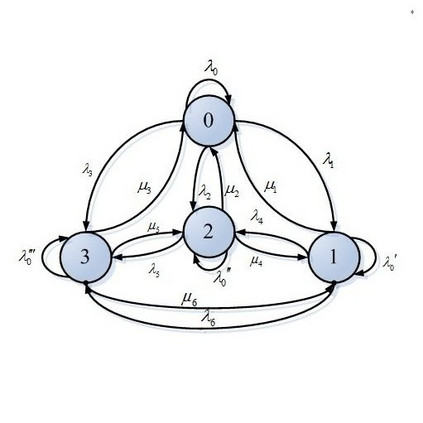We address the phenomenon of sedimentation of opinions in networks and investigate how stubborn agents who never change their minds ("zealots") can influence the opinion of a social group. This is done via the voter model in which users are divided in two camps and repeatedly update their opinions based on others they connect with. Assuming zealots are present on both sides, the distribution of opinions reaches an equilibrium. We give novel formulas based on Markov Chain analysis to compute the distribution of opinions over time and speed of convergence to stationary equilibrium. As an example of application we discuss a strategy to mitigate the polarisation of opinions in the presence of a backfire effect. Theoretical results are supported by numerical experiments on synthetic data.
翻译:我们处理网络中意见沉积现象,调查永不改变想法的固执分子如何能影响社会群体的意见。这是通过选民模式实现的。选民模式将用户分成两个阵营,并反复根据彼此关联的其他人来更新他们的意见。假设双方都有狂热分子,意见的分布就达到平衡。我们根据Markov 链子分析提供新颖的公式,以计算随着时间的推移和与固定平衡趋同的速度分配意见的情况。作为应用的一个例子,我们讨论在出现后火效应的情况下减少意见对立的战略。理论结果得到合成数据数字实验的支持。





